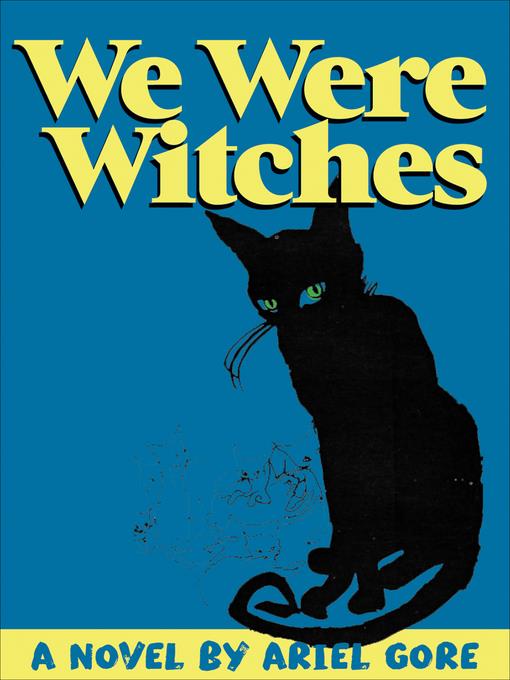
We Were Witches
A Novel
کتاب های مرتبط
- اطلاعات
- نقد و بررسی
- دیدگاه کاربران
نقد و بررسی

July 17, 2017
Gore (The End of Eve) calls this deeply autobiographical work a “new genre: the memoirist’s novel,” with the intention of “transmuting shame into power.” Bodily shame (and violence) is indeed front and center here: an early scene includes a harrowing description of the teenaged Ariel in childbirth, undergoing an invasive mediolateral episiotomy that leaves both physical and emotional scars. As Ariel—despite the objections of her family, her neighbors, and the larger 1990s single mother–shaming culture—grows determined to mother her daughter and get a college education, she rewrites fairy tales (like “Rapunzel”) and encounters new models of feminine strength, particularly through the supernatural. The “witches” of the title, however, are her powerful literary foremothers, the ones to whom Ariel returns most consistently: Audre Lorde, Tillie Olsen, Adrienne Rich, Ntozake Shange, and others. Gore’s magic-infused narrative, with its pleasantly rambling structure that intentionally inverts Freytag’s phallic narrative pyramid, is a moving account of a young writer and mother striving to claim her own agency and find her own voice.

July 1, 2017
Dispatches from the life of a teen mom and budding feminist from the author of The End of Eve (2014) and Bluebird (2010)."Write what you know, my women's lit professor kept saying, but what I knew wasn't shaped like a story and now I was a sophomore and I needed to write an underground feminist classic." The protagonist, Ariel Gore, is a young woman trying to care for her baby and go to college while battling against poverty, male violence, her mother's disappointment, and the idea that there is only one way to tell a story. In the short vignettes collected here, she describes childbirth, romantic disappointment, disordered eating, and artistic frustration. Ariel reads Audre Lorde to her baby and casts spells to protect their rented house from ghosts and hateful neighbors. There is no plot as such, and the only connective tissue linking these scenes is Ariel's singular voice, by turns sardonic and vulnerable. The author has published memoirs already, and the decision to present stories featuring a protagonist with her own name and a recognizably similar biography as "a novel" is a provocative one. Certainly, it provides formal cover for some of the narrative's more fantastic moments, such as when a blackbird gives Ariel a secret message and when her mother's best friend turns into a possum and scurries from the kitchen into the backyard. The shape of the text, too, presents a challenge: it's a concrete refutation of the idea that all stories should have the same outline. This book mimics the messy, discursive texture of memory--of life. At the same time, Gore's insistence that Ariel is not her makes perfect sense in a book about the construction of an identity. In choosing novel over memoir, Gore is asserting that she is giving us her art, not her self. The themes Gore explores here are not new for her--in addition to writing fiction and autobiography, she was the founding editor of the parenting zine Hip Mama--but the craft and passion she brings to these topics make her second novel a welcome addition to her oeuvre. Inventive and affecting.
COPYRIGHT(2017) Kirkus Reviews, ALL RIGHTS RESERVED.

August 1, 2017
Gore, who has written several memoirs about motherhood, including The End of Eve (2014), takes a fictional approach to her own coming-of-age story in the form of a memoirist's novel. In the book, as in life, Gore becomes a single mother at age 19 to a daughter, Maia. Combating poverty and her family's disapproval of her sexuality, Ariel struggles to make ends meet for herself and Maia while trying to secure an education in a world that looks down on just about any choice a woman makes that defies convention. Deemed a welfare slut by a violent neighbor and subjected to spontaneous and often-destructive visits from Maia's mercurial father, Ariel mulls over all the ways women are judged and oppressed. When she goes to court for a restraining order against her ex, she's pushed into filling out paperwork that triggers a custody battle. Gore's novel is a scathing indictment of a system that works against people who are poor and female as well as a piercing and wise look at one woman's struggles to overcome it.(Reprinted with permission of Booklist, copyright 2017, American Library Association.)

























دیدگاه کاربران